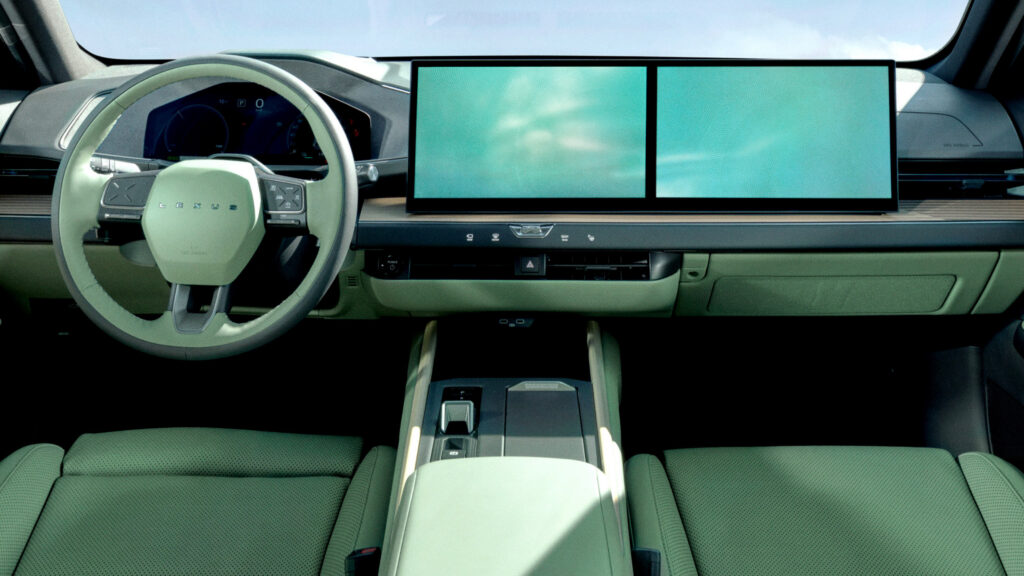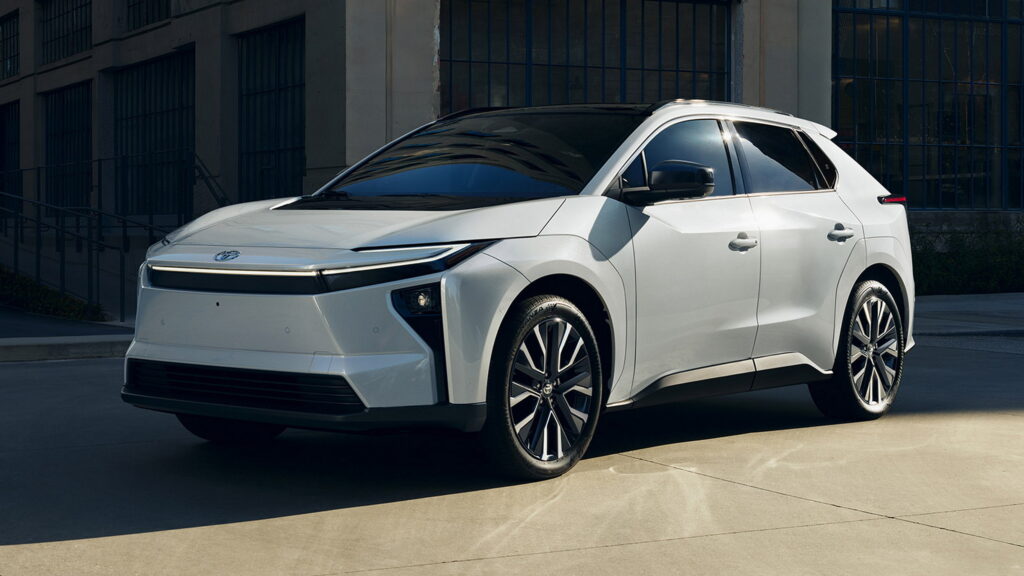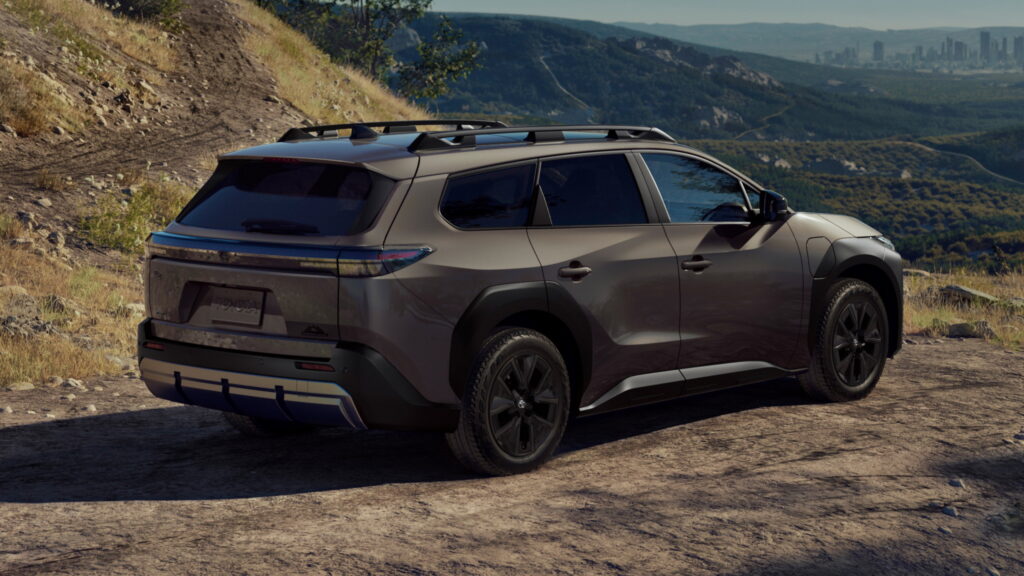EV Strategy

Over the next few years, Toyota and Lexus are rolling out a robust strategy to enhance their electric vehicle (EV) presence in the United States. With the automotive market gradually leaning towards electrification, Toyota isn’t just sitting by the sidelines. The company plans to launch seven new EV models in North America by mid-2027, with a commitment to expand production domestically. Notably, two three-row SUVs, a part of this line-up, will be assembled right in the heartland – in Georgetown, Kentucky, and Princeton, Indiana. This move positions Toyota’s new SUVs directly against competitors like the Kia EV9 and Hyundai Ioniq 9, both aiming to capture the large SUV market.
Model Lineup

Among the exciting new entrants are the facelifted Toyota bZ4X, now simply called the bZ, and its off-road sibling, the bZ Woodland. Aiming to provide options across segments, Toyota is also reviving the C-HR, this time in a full EV format. On the Lexus front, the RZ crossover receives companionship from the new electric version of the Lexus ES, unveiled last month.
Manufacturing Strategy

Production in the US reflects a strategic pivot to cater to the rising demand for EVs while ensuring steady production levels. Toyota’s rule of thumb dictates that a model should promise 100,000 to 150,000 annual units before sharing production floors. Surplus production isn’t an issue, as Toyota plans to export these extras to international markets where EV demand is surging.
Market Forecast

Currently, electric vehicles account for a modest 8% of the total car sales in the US. But Toyota is optimistic, forecasting this figure to double by 2030. Cooper Ericksen, Toyota Motor North America’s SVP, acknowledges that EVs are presently eating into their own market share, but views the segment as critical to future growth. Toyota aims not only to meet but exceed market demands to avoid falling behind competitors.
Future Tech
One frontier Toyota is tackling head-on is battery technology. In North Carolina, the company is setting up a lithium-ion battery plant with a capacity of over 30 gigawatt hours. This facility is poised to produce enough batteries annually for 800,000 hybrids, 150,000 plug-in hybrids, and 300,000 pure EVs. The plant underscores Toyota’s commitment to a gradual but determined electrification of its lineup.
Toyota is leveraging its global experience and domestic opportunities to make a significant impact on the US EV market. About 80% of Toyota and Lexus vehicles already offer an electrified option as of 2023, reaffirming the company’s readiness for an electric future.
Durango 2026 Unleashed
RAV4 Goes All Hybrid
Versa Manual Gone
Hyundai Holds Prices
Build Your Eleanor